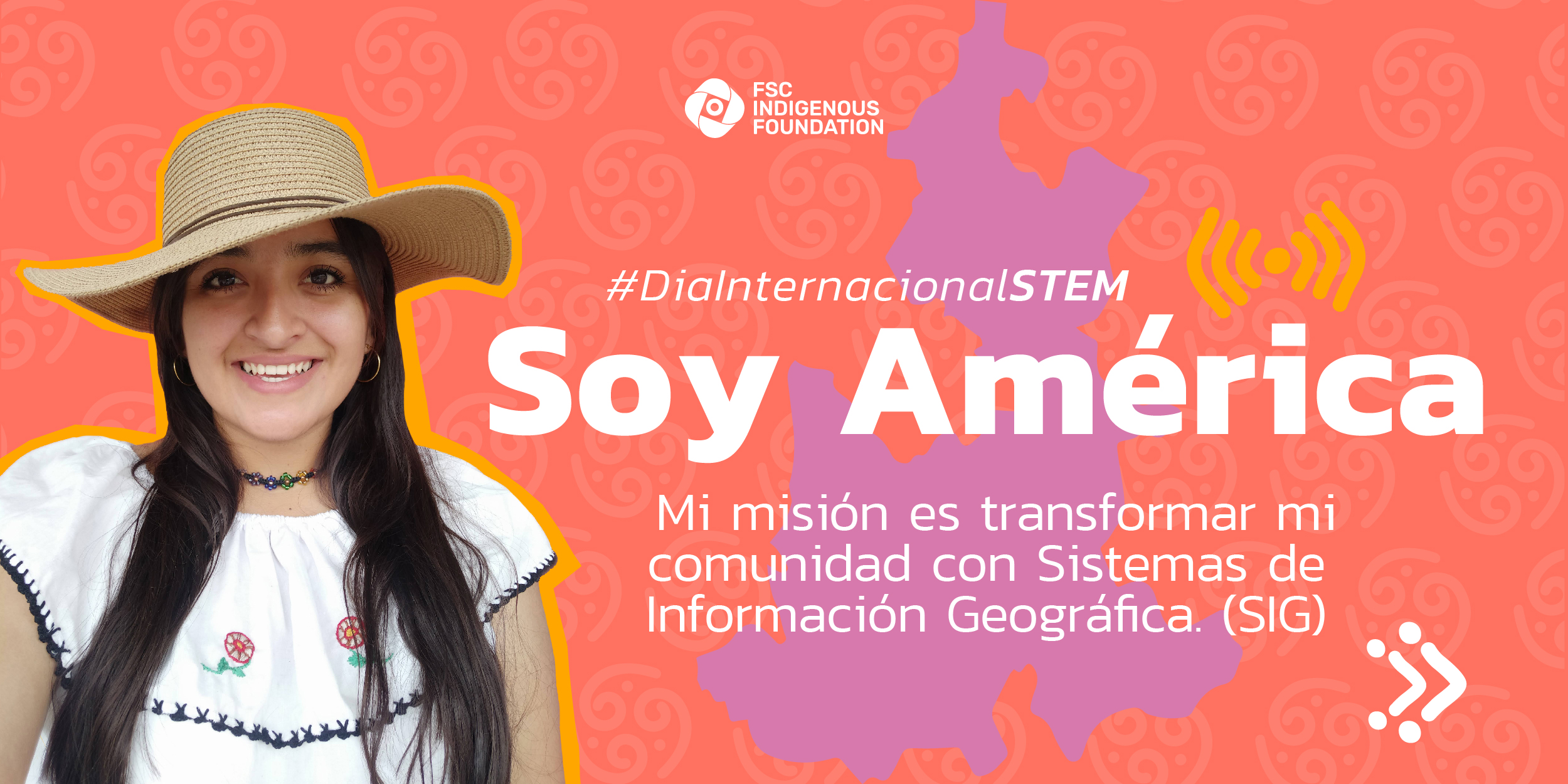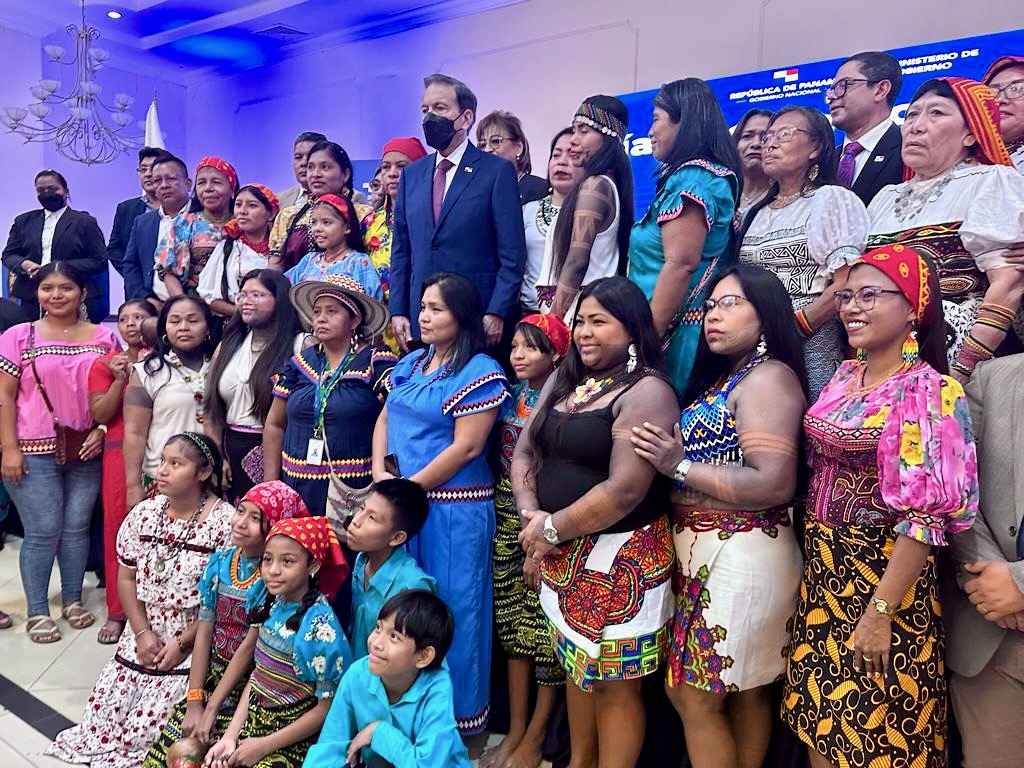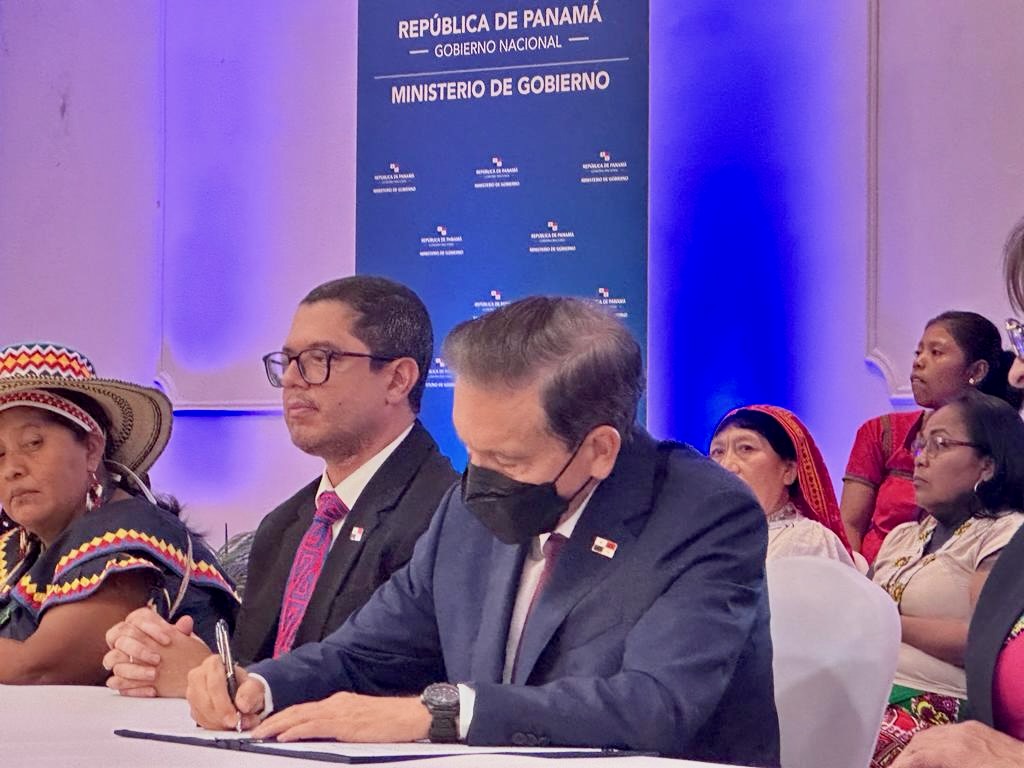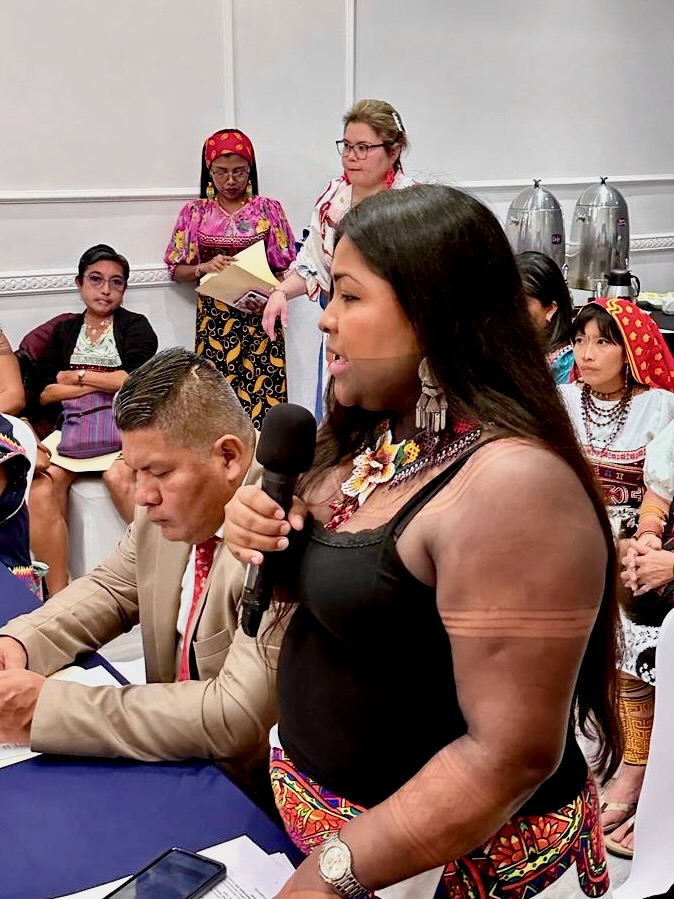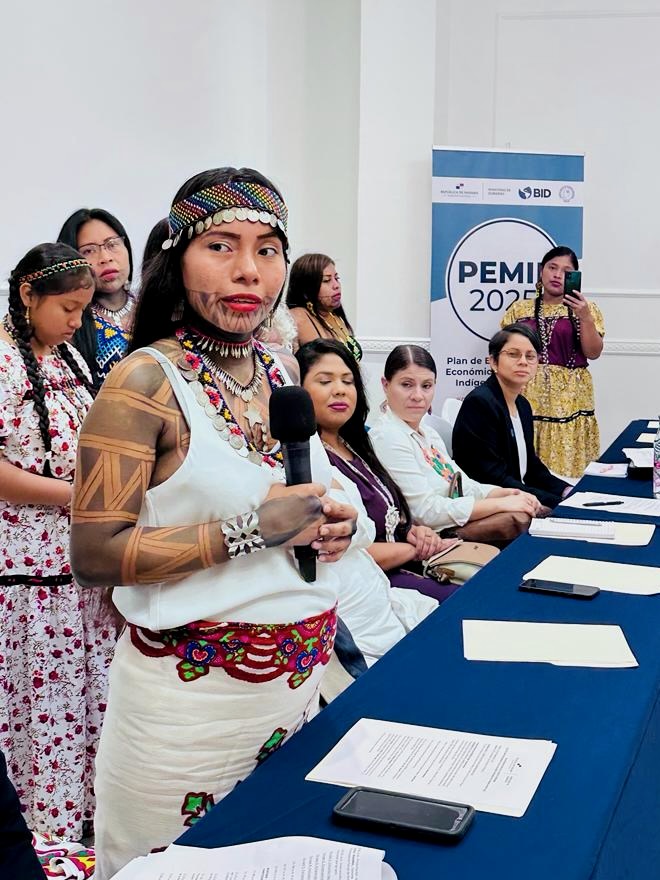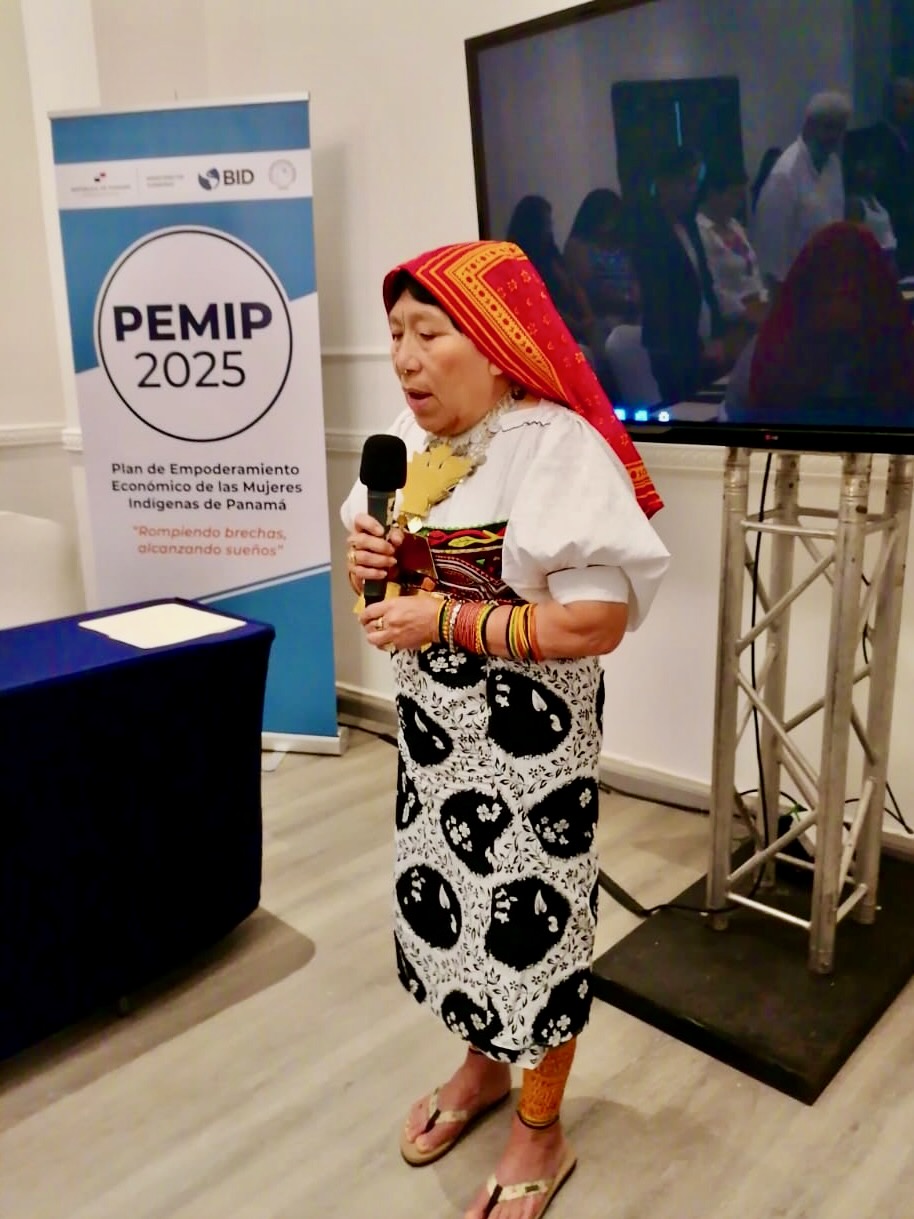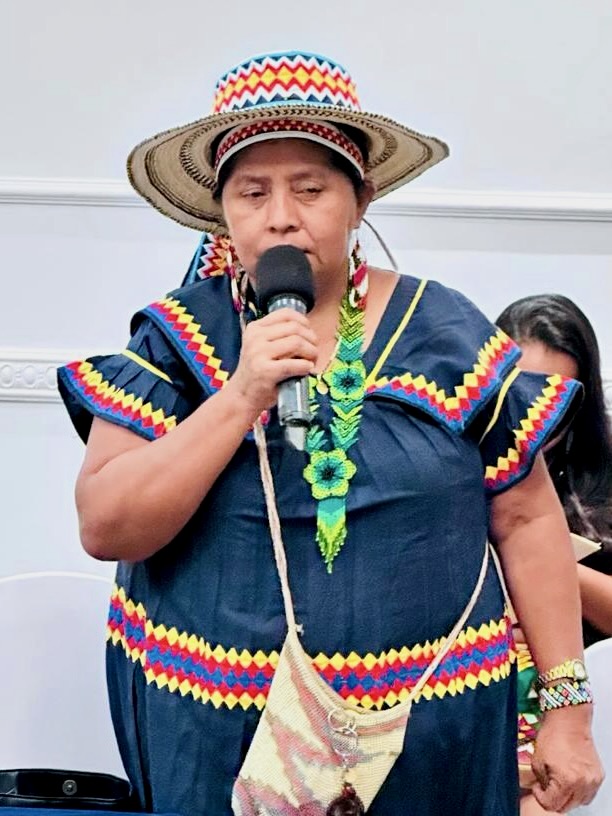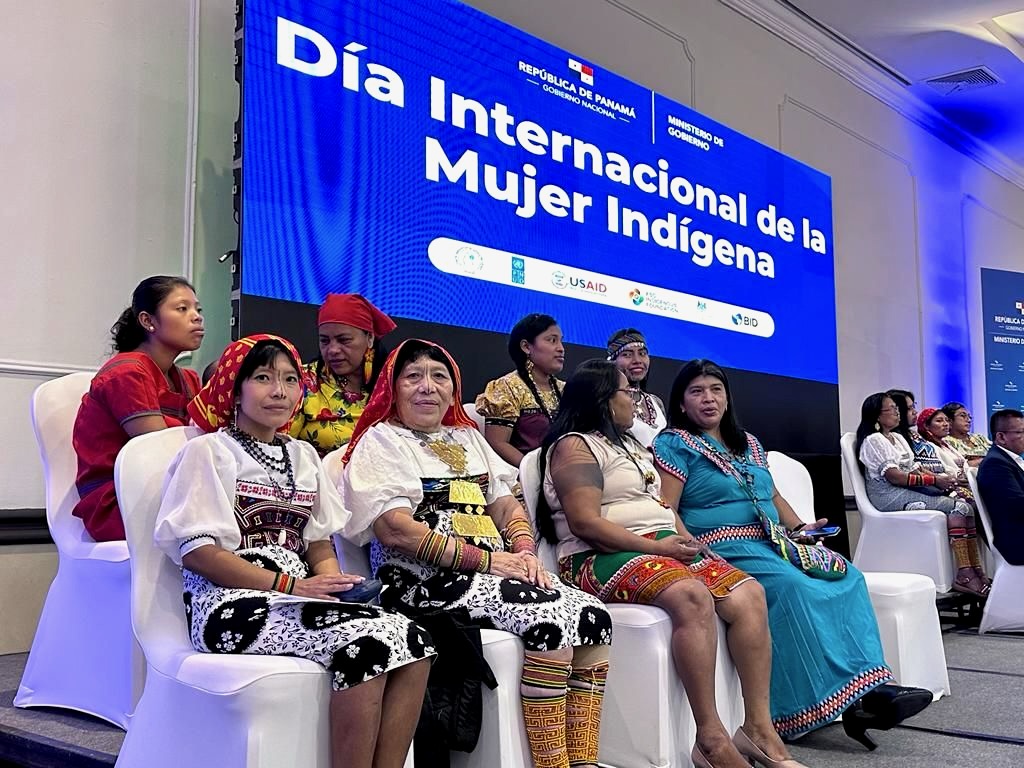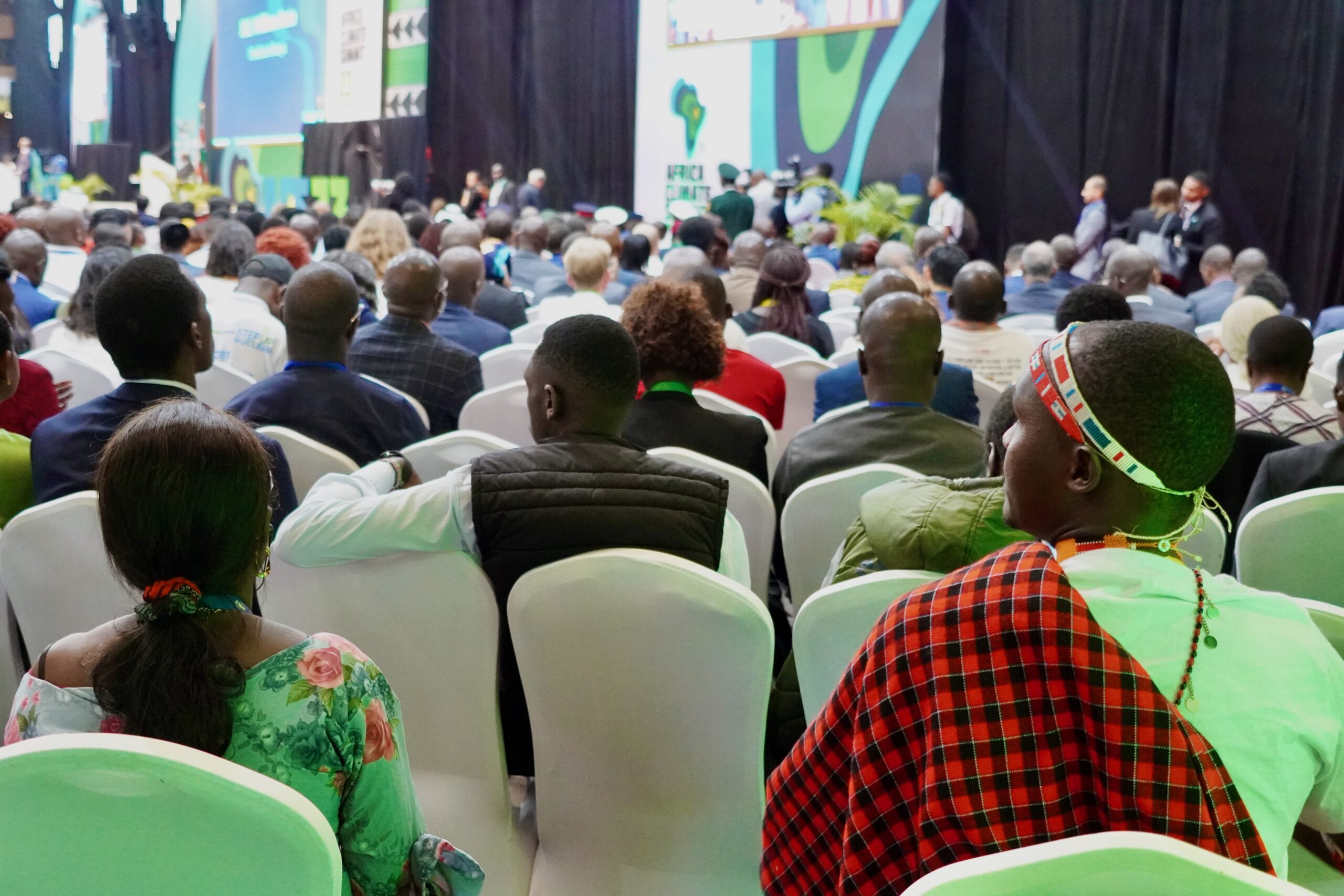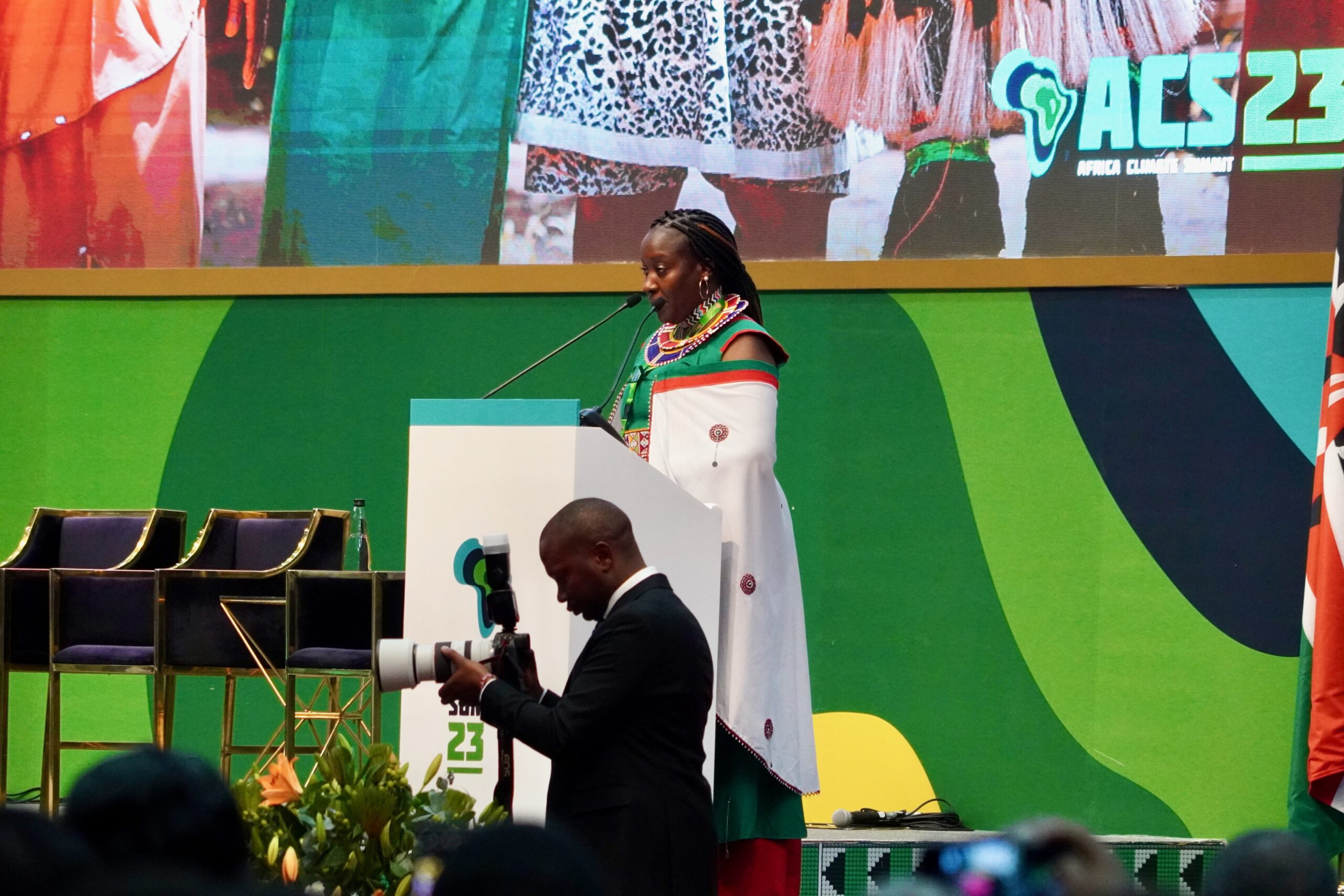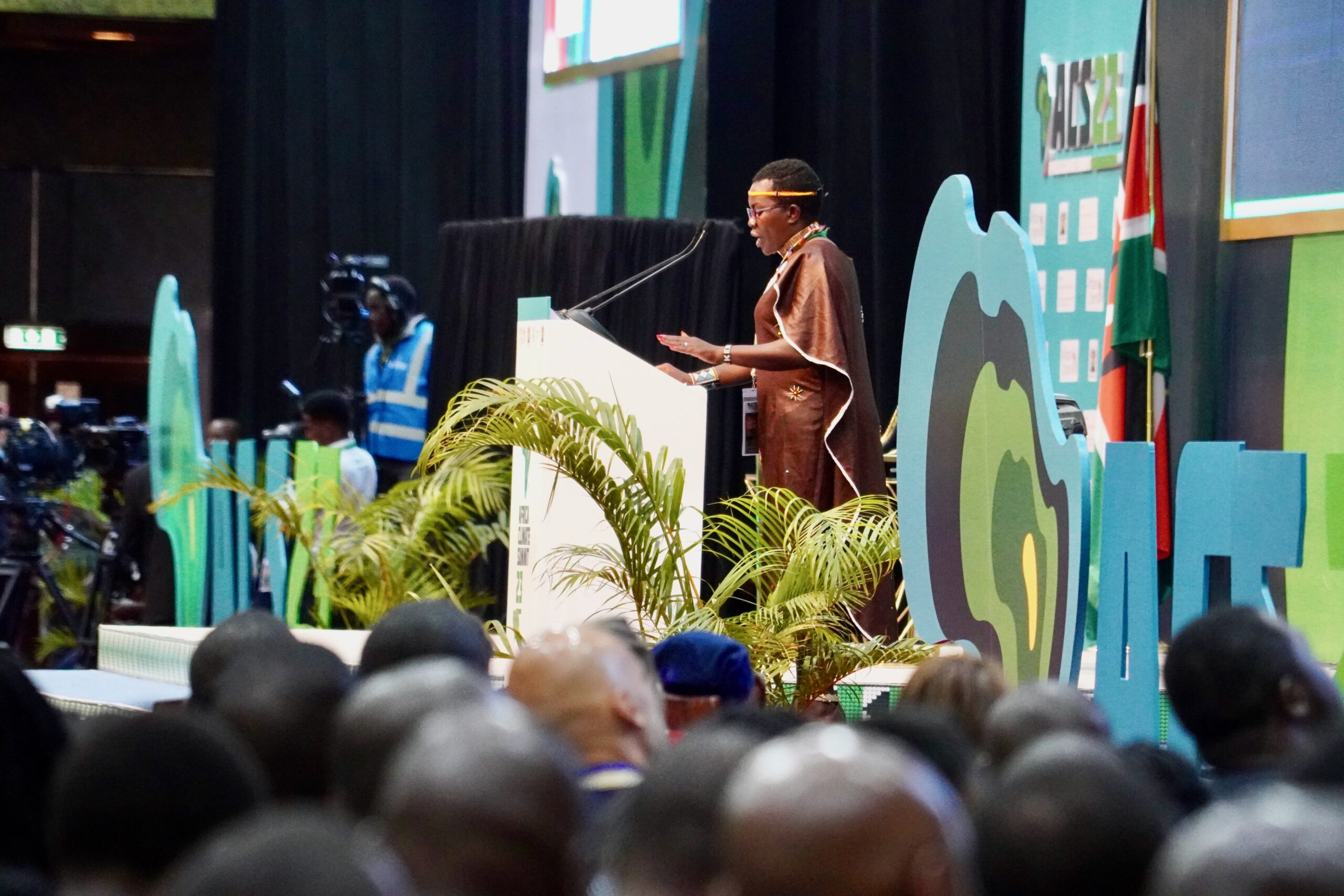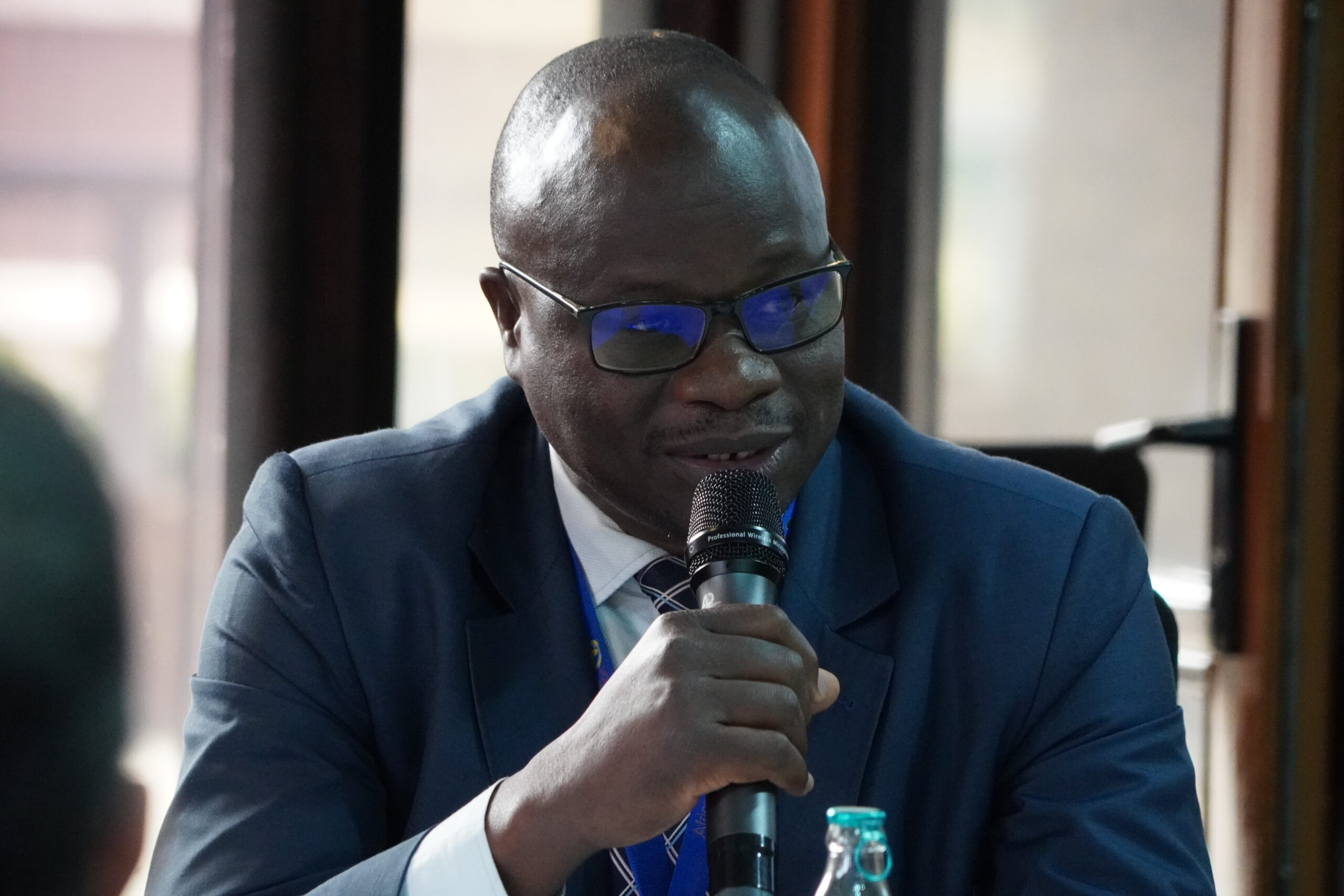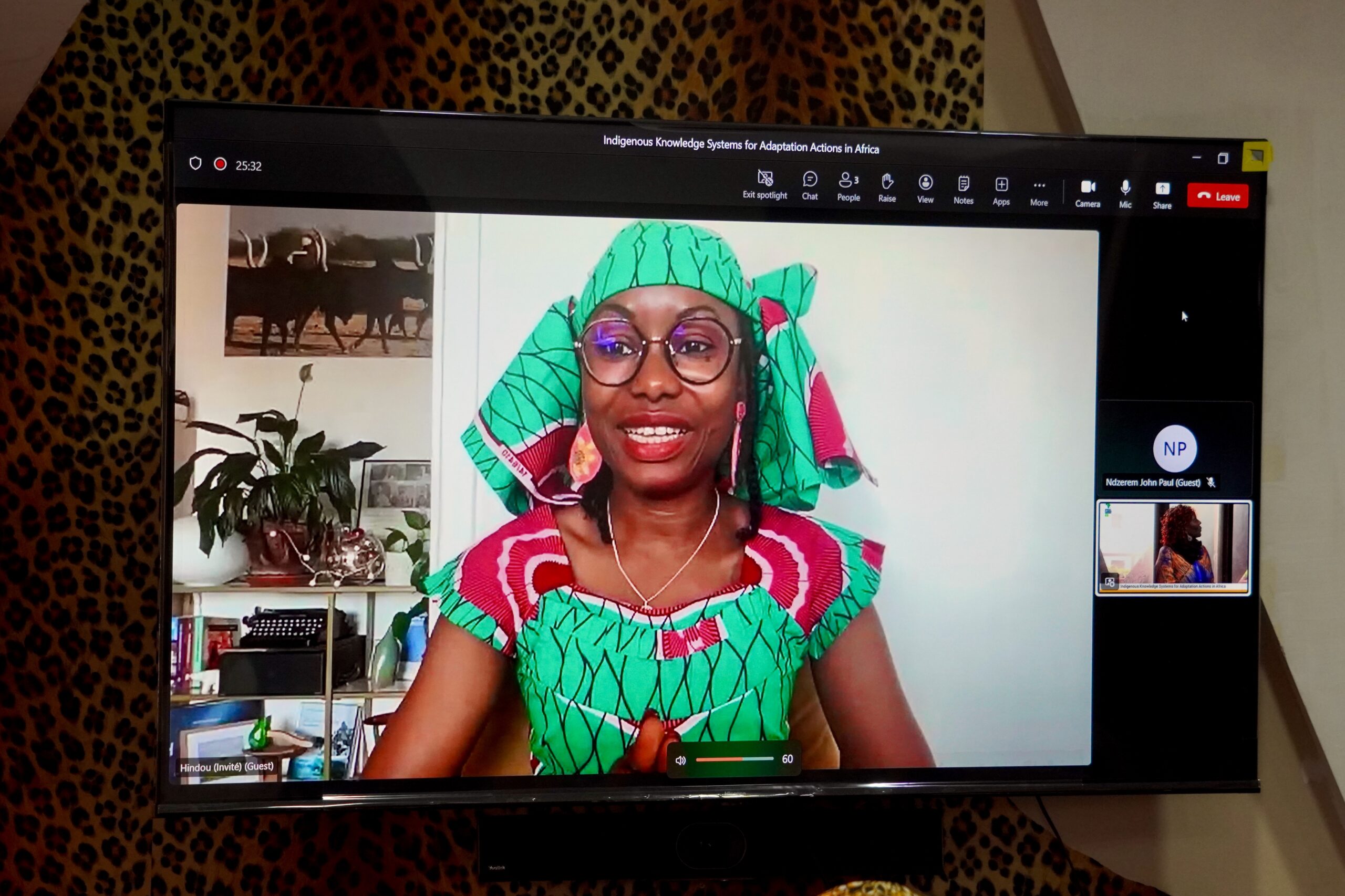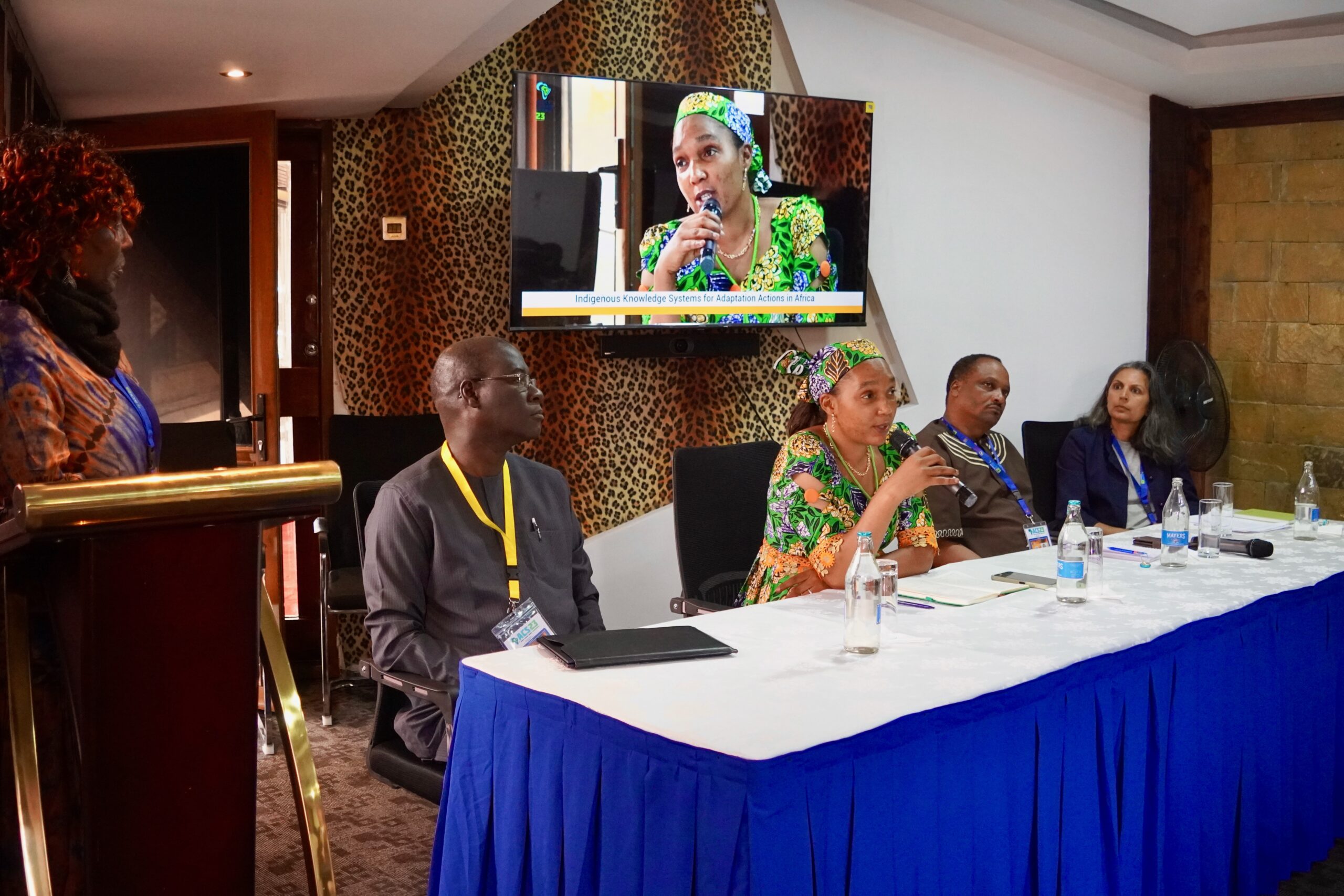Indigenous women on the frontline against climate change
At COP28, Indigenous women leaders from Africa, Mesoamerica and Asia share perceptions of climate change and their actions to resist its effects.
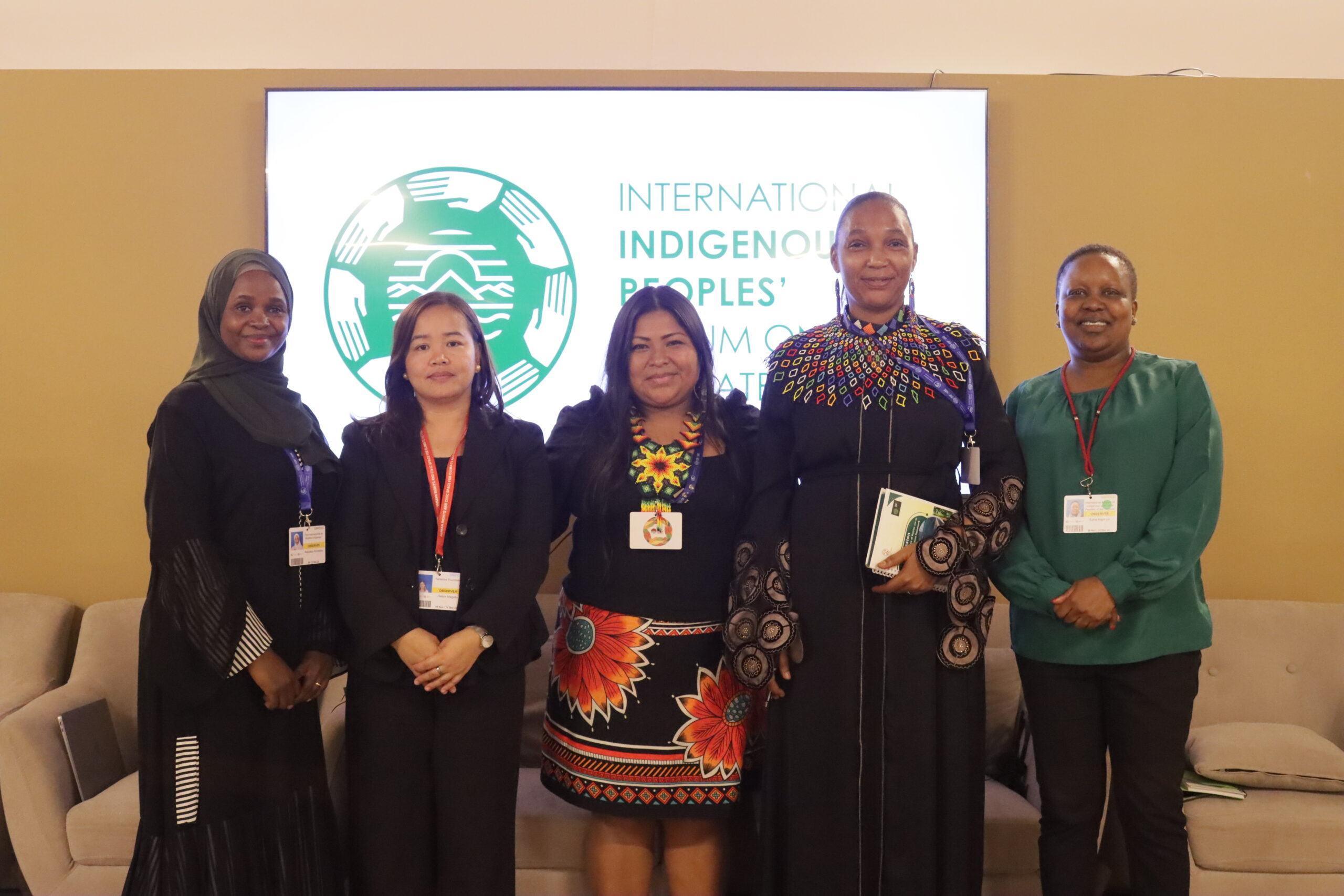
On December 11, Indigenous women from Cameroon, Panama, Kenya, and the Philippines discussed how their ancestral knowledge contributes to Indigenous Peoples’ resilience to the effects of climate change in a side event at COP 28, From the frontlines: Through Indigenous women’s eyes. The event was organized by the FSC Indigenous Foundation (FSC-IF), the Coordination of Mesoamerican Women Territorial Leaders (CMLT), the Mesoamerican Alliance of Peoples and Forests (AMBP), and the Global Alliance of Territorial Communities (GATC).
Indigenous Peoples have been disproportionately affected by the impact of climate change. From the increase in the intensity of hurricanes, forest fires, droughts, and the degradation of soils and ecosystems, this crisis causes serious losses and damages that particularly affect Indigenous women and girls, as it hinders access to subsistence resources and increases the conditions of insecurity, vulnerability and risk to different types of violence.
At the same time, Indigenous women have historically been the guardians of ancestral knowledge and transmitters of traditional practices of medicine, planting, and the deep bond with Mother Earth. Therefore, the food security of their families, the good living of their peoples, and the conservation and regeneration of the planet’s forests and biodiversity depend on the empowerment and identity of Indigenous women and girls.
Around the world Indigenous women are taking action to resist the impacts of climate change on their territories and communities and build resilience, using their ancestral knowledge and deep connection with Mother Earth.
Voices and actions from around the world
In a panel, Sara Omi, President of the Coordinating Committee of Women Territorial Leaders of Mesoamerica; Balkisou Buba, Vice President of the Cameroon Branch of the Network of Indigenous and Local Populations for the Sustainable Management of Forest Ecosystems in Central Africa (REPALEAC); Edna Kaptoyo, Grantmaking and Partnerships Officer, Pawanka Fund; and Helen Magata, Coordinator of the Climate and Biodiversity Program of Tebtebba Foundation, shared their perspectives on loss and damages from climate change, the link between climate change and increasing violence, and their actions for resilience.
“Something needs to be done to reduce climate change to reduce the threat of violence against Indigenous women and girls,” stated Balkisou Buba. Panelists explained that Indigenous women face violence due to the impacts of climate change in their territories as they are forced to migrate to cities or walk longer distances to fetch water or wood.
They also discussed losses and damages from climate change. “Language loss is not something you can compensate for, our languages are dying,” explained Helen Magata, noting that language is connected to traditional agricultural practices of Indigenous women.
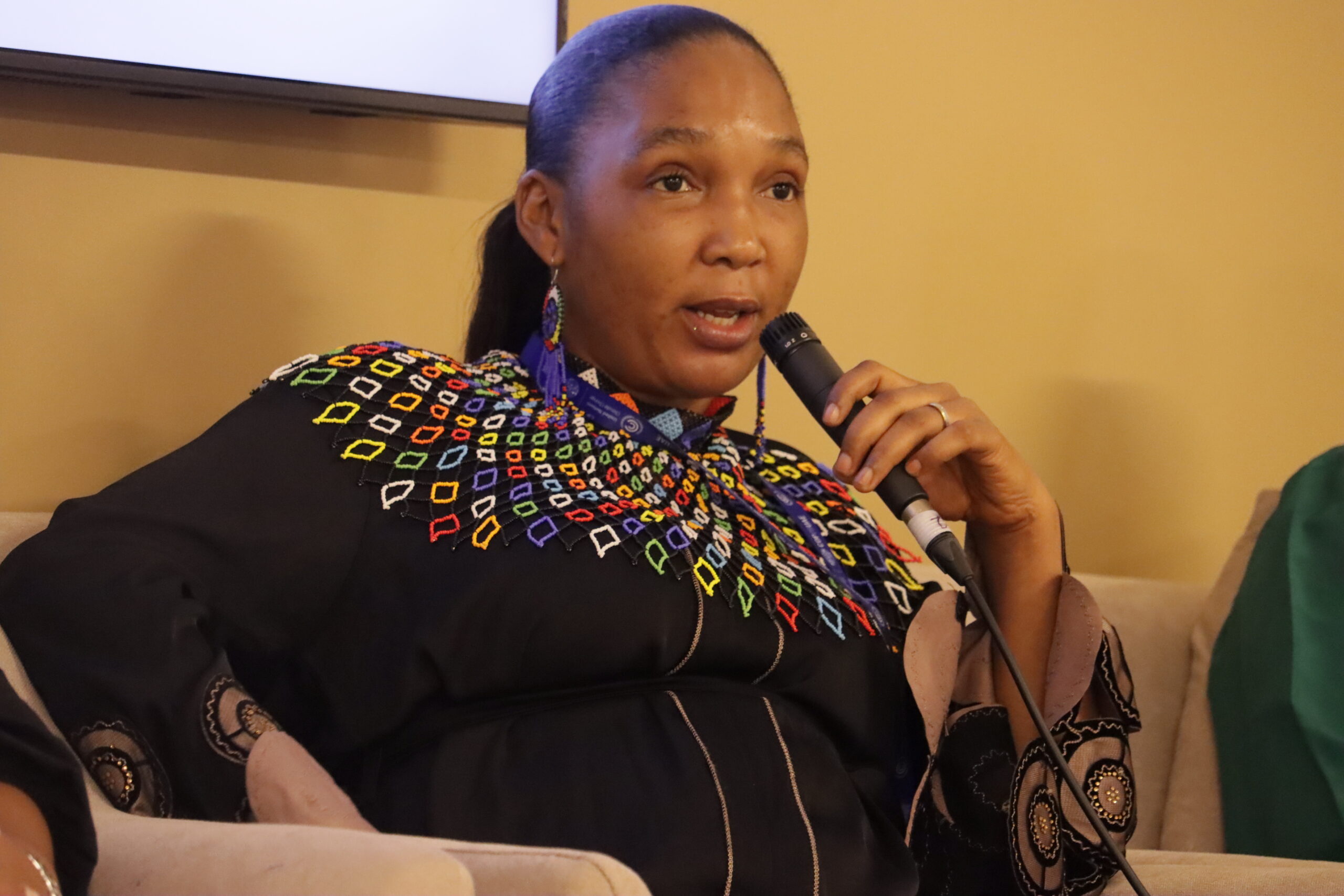
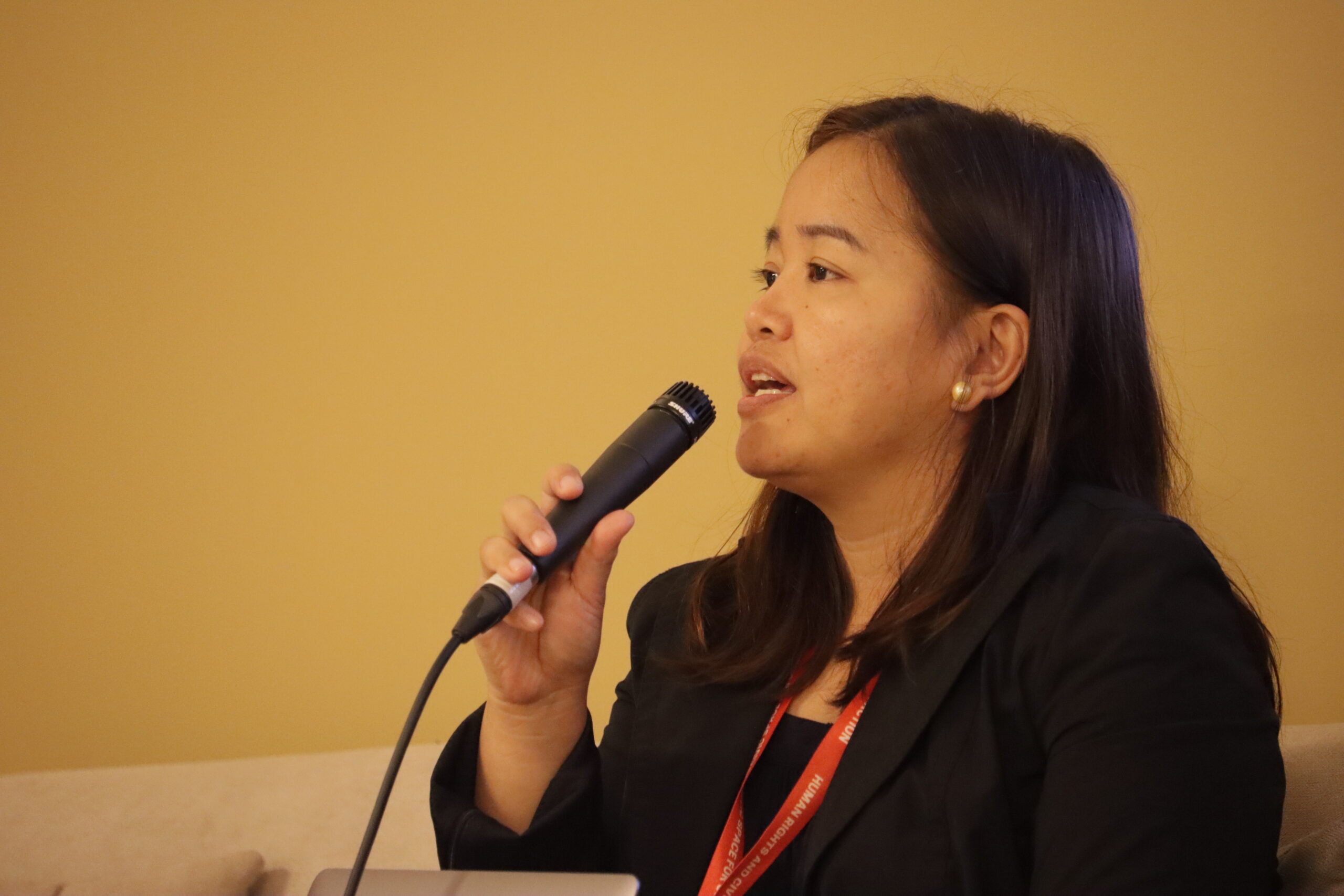
In response to these challenges, panelists shared actions they are taking in their communities for climate resilience.
“Indigenous women are doing great work to preserve the ancestral knowledge of our grandmothers. I come from a community that was relocated due to the construction of a hydroelectric dam, my grandmothers have shown that despite the violation of the right to territory we can restore our home and maintain our identity,” said Sara Omi.
“Indigenous women have been socially organizing to collectively face issues, such as access to food with drought-tolerant crops and traditional medicine. Women understand the ecology of their territory, which is crucial for regeneration and restoration projects,” added Edna Kaptoyo.
“Pastoralists use the land for periods so that the soil can regenerate. We also take just what we need from nature. We also use traditional knowledge to predict what is going to happen: draughts, rains,” said Balkisou Buba.
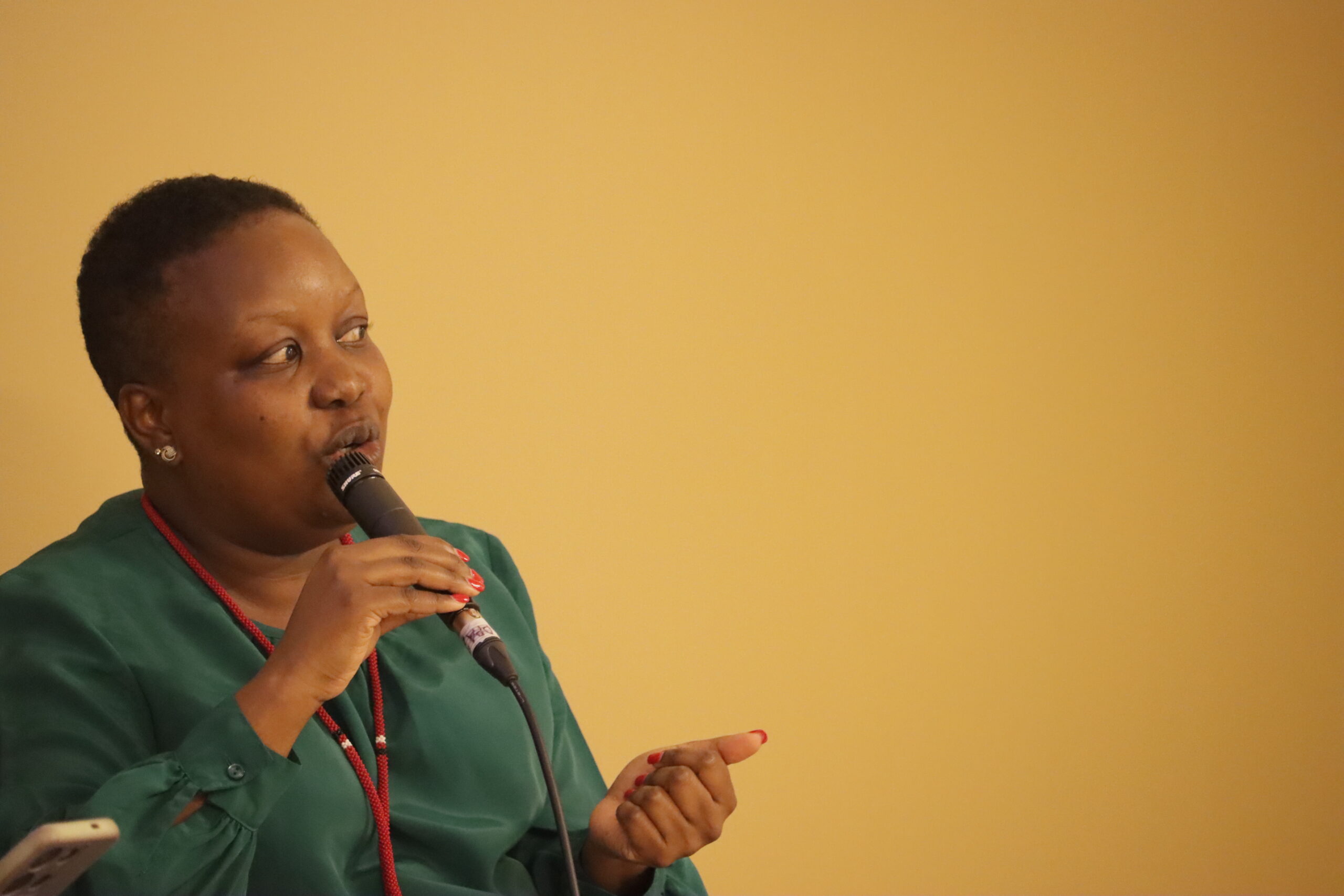
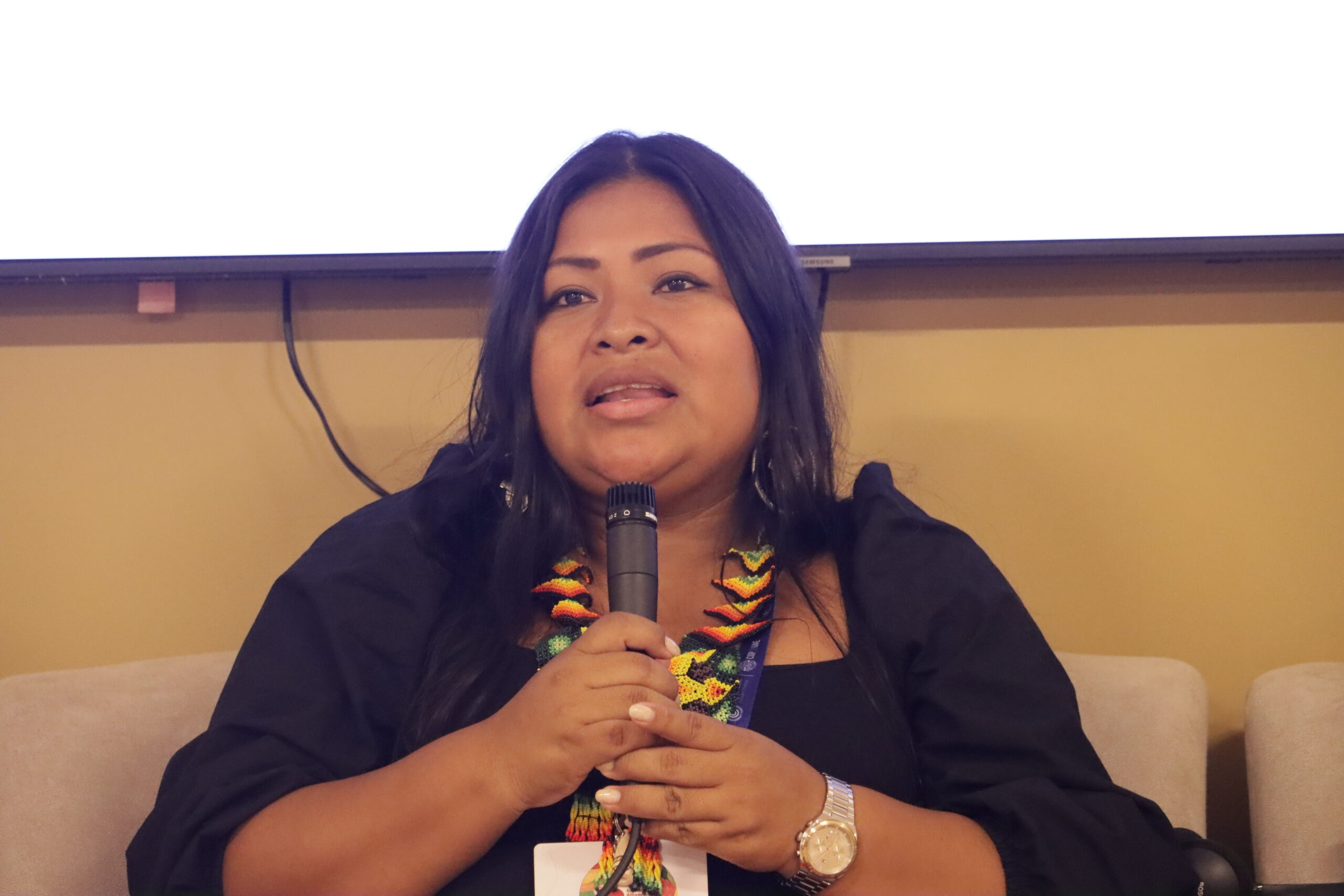
Helen Magata discussed forest and water management practices in her community that respond the the challenges of climate change and contribute to the reduction of conflict. She also shared the work of a community center to support Indigenous women’s mental well-being. “We do so much for the community and forget about ourselves, but we are also individuals,” she said.
The panel was moderated by Rabiatou Ahmadou, Political Participation and Advocacy Coordinator at the International Indigenous Women’s Forum. “Our Indigenous cultures are cultures of sharing,” she emphasized, highlighting that Indigenous women think about sharing, protecting, and leaving resources for the next generation.
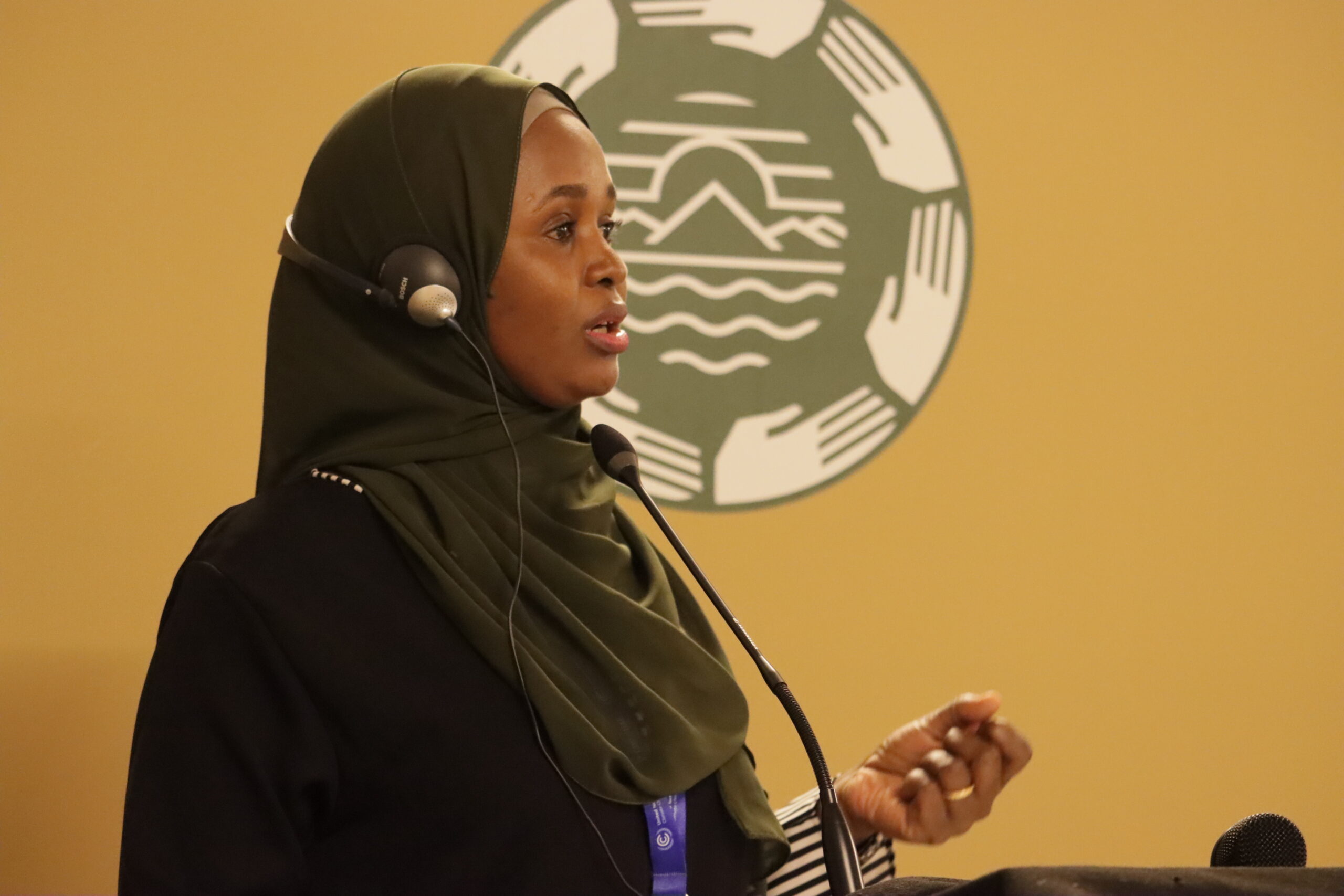
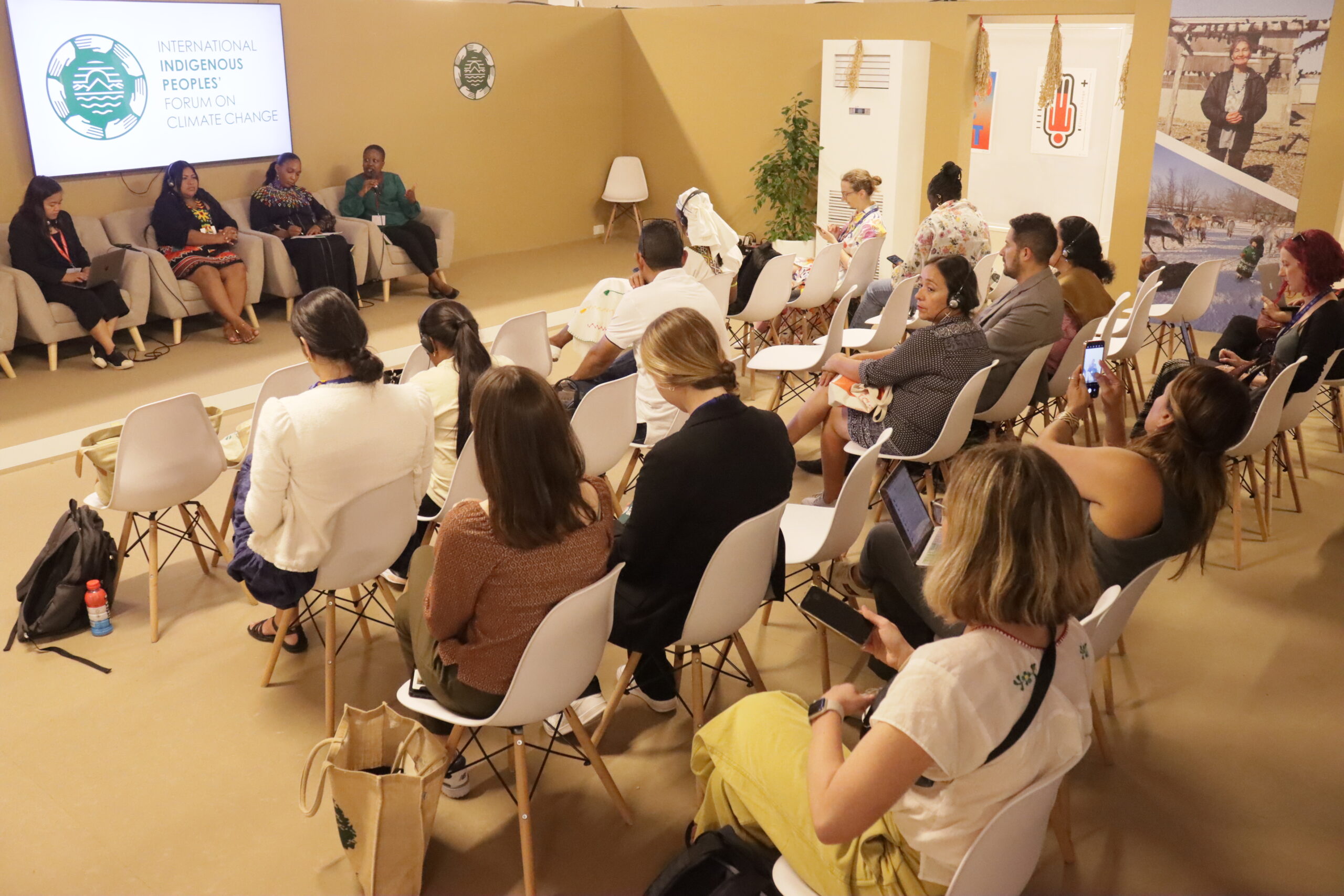
Messages to stakeholders
Key stakeholders including governments, donors, philanthropists, and social and humanitarian operators participated in the event to hear directly from Indigenous women leaders on their perspectives and messages.
Edna Kaptoyo called for the recognition of the role of Indigenous women in climate resilience. Balkisou Buba highlighted the need to invest in traditional knowledge and involve Indigenous women in decision-making.
Helen Magata said that Indigenous women do not need to be empowered, because they already are. “Knowledge is power and Indigenous women have the knowledge,” she said. The call for stakeholders is to provide spaces and platforms for them to share that knowledge.
Further than the creation of these spaces, both Sara Omi and Balkisou Buba emphasized the need for direct climate finance to Indigenous women to allow them to continue protecting forests, and landscapes and advancing actions towards climate resilience.
Watch a recording of the event below:
Contact information:
Mary Donovan, FSC-IF, m.donovan@fsc.org
Tamara Espinoza, CMLT/AMPB, comunicacion@mujeresmesoamericanas.org
Andrea Rodriguez, GATC, arodriguez@globalalliance.me
Listen to more messages from Indigenous women on climate change here.

